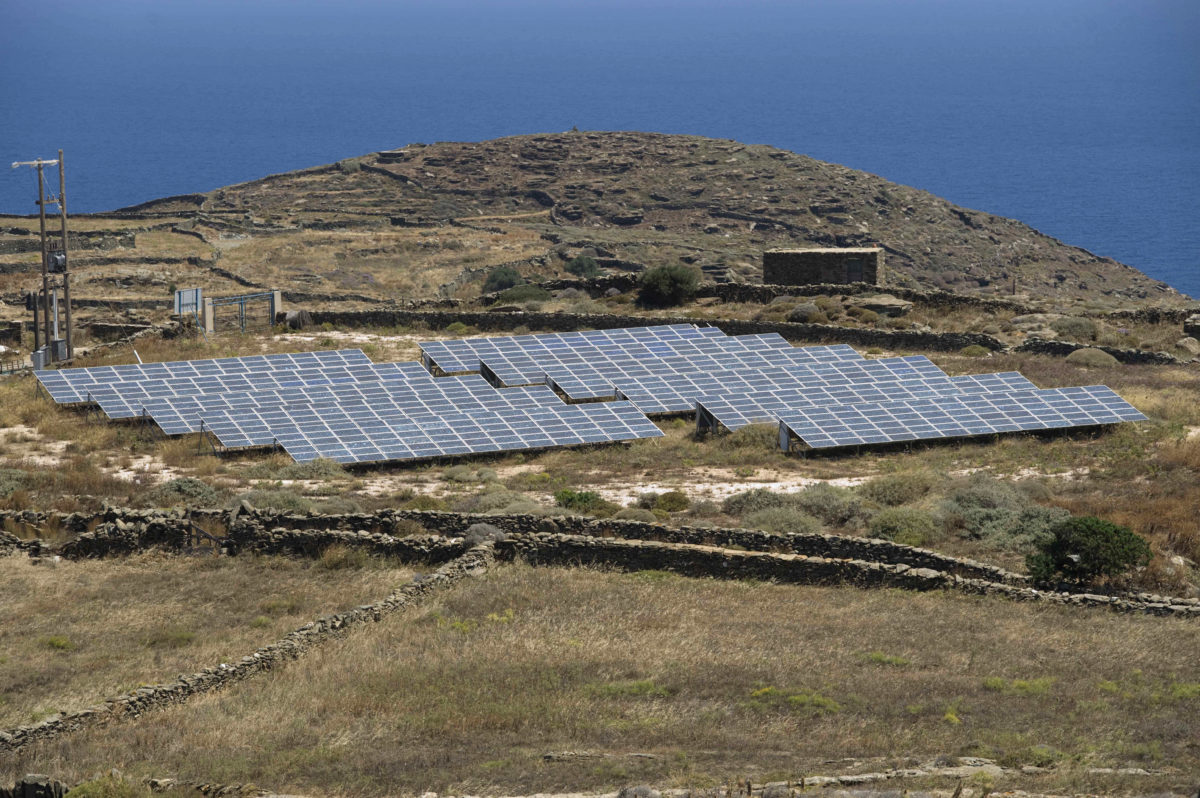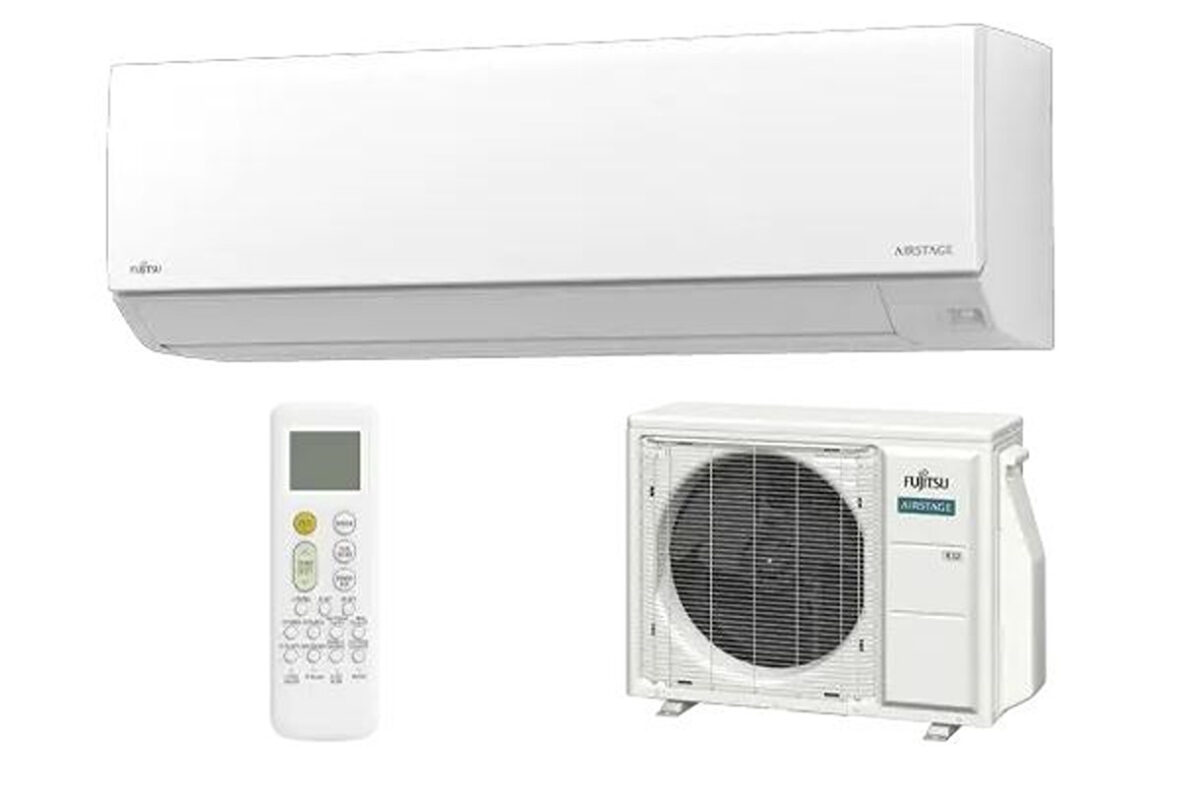Greece’s next renewable energy tender will take place on July 1 and will offer investors up to 300 MW of PV capacity and the same amount of wind power, energy regulator RAE has announced.
The tender concerns PV projects with a capacity of up to 20 MW and wind farms smaller than 50 MW in scale. It is not clear whether developers with larger projects will be permitted to split their farms into separate, smaller slices of capacity, as German developer Juwi Group recently did in a similar procurement round, the results of which were published last week.
Applications to bid in the exercise must be submitted to the RAE by the end of May, at 5pm local time. The regulator is yet to announce the date it will start fielding bids but did add that all solar bids must pay a €500 application fee.
Tender starting prices will be set at €0.0692/kWh and €0.6918/kWh, for PV and wind systems, respectively.
Subscription level
The regulator applies a competition rule that demands tenders be oversubscribed by at least 40% for results to be valid. That requirement has been relaxed since last year’s tenders, which had to be oversubscribed by at least 75%, but means bids amounting to at least 420 MW of PV must be received for the full 300 MW capacity to be allocated in July.
The energy ministry plan for 2019 and 2020
However, the 300 MW of solar capacity set to be tendered in July falls short of the 430 MW of PV projects Greece’s Environment and Energy Ministry said it wanted to see developed this year, in plans outlined days before the RAE publicized details of the summer procurement.
The ministry had outlined an ambition of adding 430 MW of solar this year – through dedicated solar auctions for projects with a generation capacity of up to 20 MW – with a further 300 MW planned next year.
The ministry plan also envisages a mixed PV and wind tender next year for larger projects, that will offer up 500 MW of capacity to investors.
Another mixed tender has also been proposed this year to provide renewable generation capacity for the island of Evia. The island’s great wind power potential prompted the government to decide a few years back to build a subsea cable linking Evia to the mainland, with wind power generated on the island to be transmitted to Athens.
However, not all of the wind power investors were willing to contribute to the cable costs, meaning some generation capacity was left unallocated. As a result, some of that outstanding wind and solar capacity could now be awarded through the proposed mixed tender, although the ministry has not confirmed how much.
The biggest hurdle to securing renewable power capacity in Greece remains a requirement that bidding projects hold a generation license and grid connection agreement. Few planned projects currently meet that qualification, driving down the number of projects that are eligible to bid, with the eventual capacity awarded further handicapped by the aforementioned over-subscription rule.
The fact tender exercises fall short of allocating their headline capacity figures may explain why the RAE has undershot the ministry’s solar target.
This content is protected by copyright and may not be reused. If you want to cooperate with us and would like to reuse some of our content, please contact: editors@pv-magazine.com.



1 comment
By submitting this form you agree to pv magazine using your data for the purposes of publishing your comment.
Your personal data will only be disclosed or otherwise transmitted to third parties for the purposes of spam filtering or if this is necessary for technical maintenance of the website. Any other transfer to third parties will not take place unless this is justified on the basis of applicable data protection regulations or if pv magazine is legally obliged to do so.
You may revoke this consent at any time with effect for the future, in which case your personal data will be deleted immediately. Otherwise, your data will be deleted if pv magazine has processed your request or the purpose of data storage is fulfilled.
Further information on data privacy can be found in our Data Protection Policy.